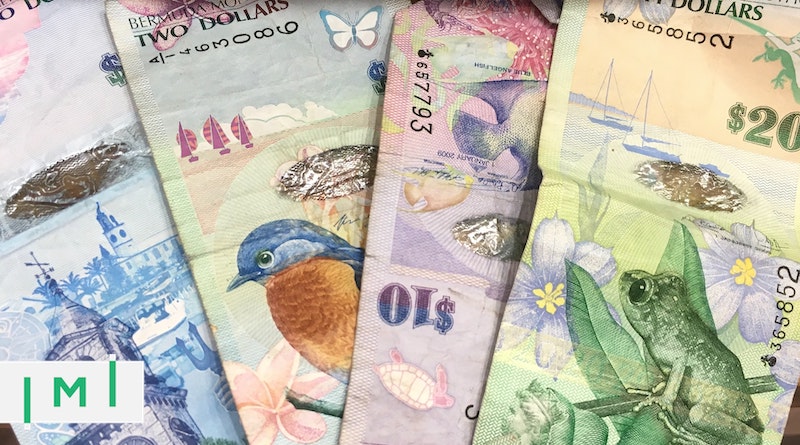Caribbean: EU Adds Dominica to Tax Blacklist, Bermuda Introduces $2.5m Golden Visa
Back in black
In this week’s biannual update to its tax haven blacklist, the European Council has decided to include Dominica and acquit Barbados.
“The list,” writes the European Council in its press release, “includes jurisdictions worldwide that either have not engaged in a constructive dialogue with the EU on tax governance or have failed to deliver on their commitments to implement the reforms necessary to comply with a set of objective tax good governance criteria. These criteria relate to tax transparency, fair taxation and implementation of international standards designed to prevent tax base erosion and profit shifting.”
Dominica, in plainer terms, is either not taxing its residents at levels with which the European Council is satisfied or not sharing as much information as the Council would like.
See also: Rogers: EU/OECD’s Real Concern About CIPs Is Tax Competition, Not “Good Governance” – Part 1
Barbados, meanwhile, has been removed from the blacklist, pending a “supplementary review by the Global Forum”. In the meantime, the country has been moved to a “State-of-Play” document, something akin to a grey-list for countries that, while still not fully compliant with EU demands, have made “sufficient commitments to implement tax good governance principles.” The Council has now removed Morocco, Namibia, and Saint Lucia from that grey-list following their fulfillment of prior commitments to the Council but has also added Jamaica.
RBI-in-the-sky
Bermuda will launch a residency by investment program on March 1st, according to the British Overseas Territory’s Minister of Labor, Jason Hayward.
A minimum investment of US$2.5 million in real estate, businesses, or government bonds, or a donation of the same amount to either the Bermuda Trust Fund or a local charity, will grant the investor and his/her family a five-year residence permit in Bermuda. Successful applicants would receive an Economic Investment Certificate, which would remain valid as long as the investment is maintained. Following the initial five-year period, the investor and family would be eligible for permanent residency.
The scheme will replace an existing residency by investment program that had targeted the “globally retired”, essentially retirees of independent means, who were barred from working in Bermuda. The new scheme will permit the investor and any family members to work in the business in which they have invested, though it was not immediately clear whether they would be permitted to take up paid employment in the general labor market.
“These individuals and their families have the means to make significant financial investments, develop businesses, and create job opportunities, which can benefit Bermudians,” said Labor Minister Hayward. “Bermuda must take advantage of these opportunities.”
Sharing his reaction to the story on Twitter, long-time investment migration practitioner and frequent commenter Philippe May of Arton Capital pointed out that the $2.5 million price tag jars with prevailing market rates.
“An unrealistic, overpriced residence program comes up in Bermuda. Why would you invest $2.5m there if you can get a PR for less than a third in Bahamas or even citizenship for less than 10% in an OECS country?”
An unrealistic, overpriced #residence program comes up in #Bermuda 🇧🇲. Why would you invest $ 2,5 mio there if you can get a #PR for < 1/3 in #Bahamas 🇧🇸 or even #citizenship for < 10% in an #OECS country 🇰🇳🇱🇨🇬🇩🇩🇲🇦🇬?@TheRoyalGazette @imidaily @STEPSocietyhttps://t.co/V3LOHliZ5f
— Hon. Philippe A. May 梅正熙 (@phmay_sg) February 22, 2021
Christian Henrik Nesheim is the founder and editor of Investment Migration Insider, the #1 magazine – online or offline – for residency and citizenship by investment. He is an internationally recognized expert, speaker, documentary producer, and writer on the subject of investment migration, whose work is cited in the Economist, Bloomberg, Fortune, Forbes, Newsweek, and Business Insider. Norwegian by birth, Christian has spent the last 16 years in the United States, China, Spain, and Portugal.



